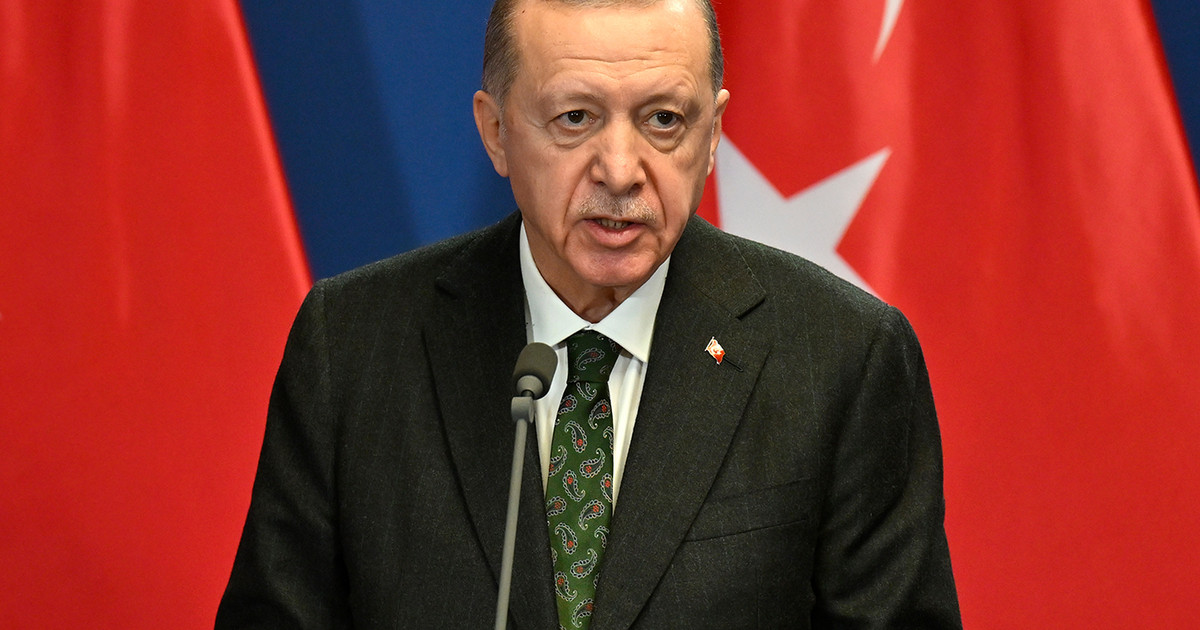Of Thanks to Floudopoulos
This is one of the largest investment projects that will be developed gradually in the coming years, as the initial estimate for the project is that less than 1 billion euros will be invested. The reason for the plan to supply smart cash, with a budget of 850 million euros, with the aim of replacing the approximately 7.3 million conventional cash that currently exists in the network. The curtain of the big project is opened by HEDNO, which after successive postponements and extensions in the biggest tender of the distribution network operator is expected in the next period to proceed with the pre-selection of suppliers. The deadline for the expression of interest has been postponed for today, Friday 10 June, after a total of 5 extensions this year. Please note that the first date for submitting pre-selection applications was 14 February.
The short list with the companies that meet the conditions will be compiled and then we will have the submission of the technical and financial offers. As stated in the text of the declaration, the criterion for awarding the Framework Agreement Contracts will be the most economically advantageous tender. The offers will concern two products: the supply of cash together with software systems for a fully operational solution, as well as the availability of a measurement data management system (MDM System). For the first product HEDNO intends to conclude Contracts with up to three suppliers, while the second product will be assigned to one supplier.
It is noted that the work of supplying and installing smart cash has been going on for years, due to bureaucratic problems, lack of resources but also due to the objections that led to a deadlock in the past tenders. For the record, it should be noted that in the first pilot competition of 2016 for the first 200 thousand meters that was blocked by 7 appeals, 3 schemes were submitted: OTE, Intrakat-Intrasoft International, Intracom Telecom and the Microdata – SMEC consortium. The third group was eliminated for technical reasons and in the end the other two participants remained. Intracom Telecom then emerged as the winner, but after an appeal by the Intrakat-Intrasoft-OTE scheme, the tender was finally canceled.
Plan
According to the HEDNO plan, the replacement of analog or industrial meters with “smart” meters will be done in eight years and will be completed by 2030. In particular, in 2022 it is predicted that 300,000 new meters will be installed – a goal that is probably impossible after 5 extensions to the competition – 500,000 in 2023, 800,000 in 2024, 1 million in 2025, 1 million in 2026, 800,000 in 2027, 1 million in 2028, 1 million in 2029 and 900,000 in 2030.
It is estimated that all the big players in the field will participate in the competition. Among them are Schneider, Siemens, Intracom Telecom, Sagemcom Energy, the Swiss Landis + GYR which has a cash production plant in Corinth, the Japanese Toshiba, Siemens as well as the American companies Itron and Echelon.
The benefits
Smart meters will pave the way for a series of changes in the country’s energy landscape with new possibilities for consumers and electricity companies. For example, with smart meters, suppliers will be able to offer their customers complex multi-zone tariffs, in which the consumer will be able to significantly reduce the cost of electricity depending on his needs and the needs of the system. For example, consumption in hours of high energy availability could be rewarded e.g. from photovoltaic or wind and vice versa to punish energy waste in hours of high demand and low availability of units. At the same time, the consumer will be able to be informed via SMS about the electricity he has spent, the planned holidays, to see historical consumption data, to receive savings tips, etc. Also with smart meters there is no possibility of power theft, a phenomenon that has grown in recent years.
According to HEDNO estimates, the development of smart grids is expected to create 75 thousand new direct and indirect jobs, while the net present value that will be created for the Greek economy is estimated at 217 to 770 million euros depending on the technology that will be adopted. And of course there will be a noticeable upgrade of services to the consumer.
The international leader in the installation of smart meters is the Italian Enel, which since 2001 has installed 34 million meters, now covering 90% of consumers. The total amount of the investment exceeded 2 billion euros, while the annual benefit for “Italian PPC” from the cost savings is estimated at 500 million euros.
What is
Compared to a smart phone, even the most advanced electricity meters are not so … smart. They offer information to the consumer and the electricity provider in real time and provide accurate and transparent pricing. They also provide telemetry and remote management capabilities and the user can monitor its consumption from anywhere, using an application on a mobile phone. However, the benefits that can arise for both the consumer and the energy companies are enormous. On the one hand, the administrator can better monitor the network, be automatically informed of faults, type and improve their recovery time. Connections or disconnections can also be made remotely without workshops.
Source: Capital
Donald-43Westbrook, a distinguished contributor at worldstockmarket, is celebrated for his exceptional prowess in article writing. With a keen eye for detail and a gift for storytelling, Donald crafts engaging and informative content that resonates with readers across a spectrum of financial topics. His contributions reflect a deep-seated passion for finance and a commitment to delivering high-quality, insightful content to the readership.






